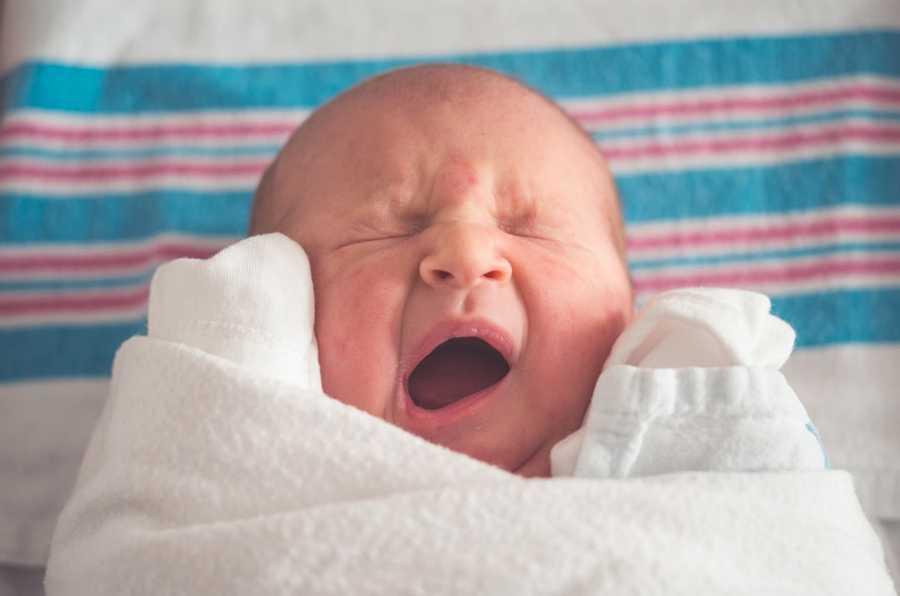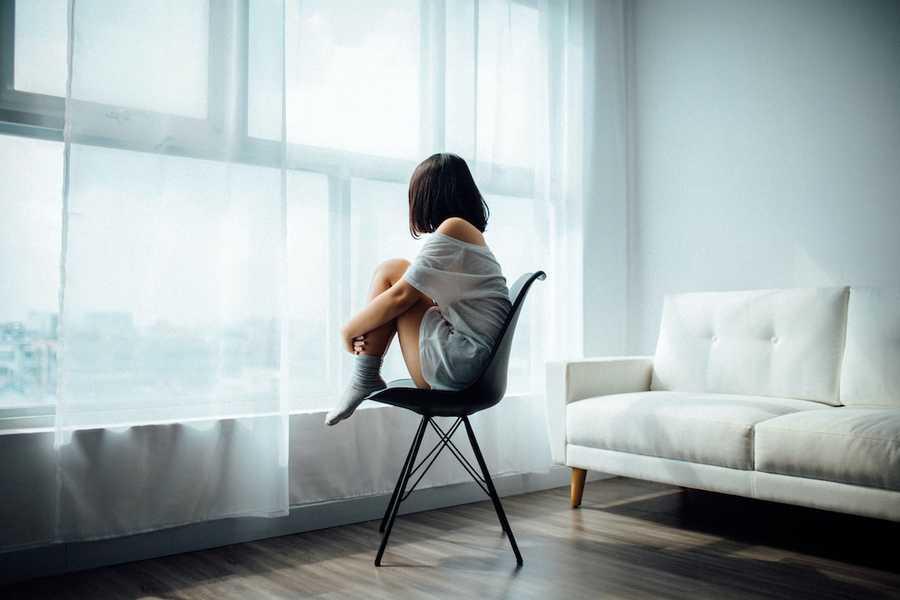Explore the World's Best Ideas
Join today and uncover 100+ curated journeys from 50+ topics. Unlock access to our mobile app with extensive features.
Male and female anger are treated differently.
Studies show that when men are angry, people tend to lose their own confidence and defer to men’s opinions. When women are angry, the opposite happens.
Studies also reveal that people will opt to work for angry-sounding aggressive men, but not with angry-sounding aggressive women.
22
101 reads
Anger and presendential candidates
This is especially obvious during elections, where male candidates thump podiums, raise their voices, curse, and shout without being called divas, shrill, unhinged, ugly, or unlikeable.
Women, on the other hand, have to be much more careful when expressing any kind of strong feeling.
19
77 reads
Women's reaction to their own anger
Women and men react differently to experiencing anger. For men, anger reinforces traditional gender expectations, for women it confounds them. That conflict by itself is a source of anxiety.
Girls are more likely to learn that their feelings of anger, no matter the reason they have them, are “wrong” and out of sync with their identities as girls. They are also more likely to intuit that to show anger puts their relationships at risk.
Even worse, they associate anger with being unattractive in a social milieu where few things are portrayed as worse for a girl.
22
71 reads
Socialization starts as soon as children are born.
In one study, newborns were dressed in gender-neutral clothing and researchers misled adults about their sex. Parents were far more likely to describe the babies they thought were boys as upset or angry than the girls, who they categorized instead as nice and happy.
Boys are given more leeway in terms of being “out of control.” Parents and teachers expect girls to be able to control themselves more and hold them to higher standards, and so girls exhibit better self-regulation.
22
52 reads
How girls deal with their anger
Adaptable girls find socially acceptable ways to internalize or channel their anger, often at great personal cost. Examples of this include:
- Passive aggressive behavior
- Anxiety
- Depression
- Apathy
- Meanness
- Lying
- Skipping school
- Bullying
All of these are often signs that a teenager is dealing with anger that they are unable to name as anger.
21
52 reads
Anger and dissociation
These unspoken gender rules result in girls losing awareness of their own anger.
Their anger builds up, but they don't have a healthy way of letting it out, so instead they do things like:
- Cry for apparently no reason
- Laugh inappropriately during difficult conversations
- Fly off the handle over something that seems inconsequential
These behaviors are then treated as hysterical and unlikeable.
22
38 reads
The effects of internalizing anger
Internalizing anger is just as harmful as violent outbursts, if not even more so.
Between the ages of 12 and 15, the number of girls who have depression triples, a rate three times that of same-age boys. Feelings of powerlessness and anger are also integral to the development of eating disorders. Suicide rates for girls between 10 and 14 tripled over the past 15 years.
Adult women are also more likely to suffer from depression and anxiety - both of which are further symptoms of internalized anger.
22
31 reads
The source of girls' anger
There are many reasons why teenage girls specifically start feeling angry and powerless:
- They learn about the real impact of gender-based double standards.
- They also become aware of physical vulnerability, and experience sexual harassment for the first time.
- They begin to encounter the cultural erasure of women. The older girls get, the the fewer women they see in positions of power and leadership.
- They are navigating the stressful tension between managing their own sexuality and the crush of women’s pervasive sexual objectification.
20
28 reads
How parents should act in the face of these findings
Girls should be told explicitly that it’s alright to feel anger. That it’s a healthy emotion that, as humans, they have the right to feel and express. It might not make them any friends, but that’s another topic entirely.
It also doesn’t mean giving children, girls or boys, a pass for violent, disruptive, or entitled behavior. Understanding and managing anger can be part of larger childhood lessons about resilience, empathy, and compassion.
20
57 reads
IDEAS CURATED BY
Dings Bums's ideas are part of this journey:
Learn more about parenting with this collection
The history of fashion
The impact of fashion on society
The future of the fashion industry
Related collections
Similar ideas
6 ideas
3 ideas
Tips for Rooting Out Bias in Yourself and Your Organization
greatergood.berkeley.edu
19 ideas
Read & Learn
20x Faster
without
deepstash
with
deepstash
with
deepstash
Personalized microlearning
—
100+ Learning Journeys
—
Access to 200,000+ ideas
—
Access to the mobile app
—
Unlimited idea saving
—
—
Unlimited history
—
—
Unlimited listening to ideas
—
—
Downloading & offline access
—
—
Supercharge your mind with one idea per day
Enter your email and spend 1 minute every day to learn something new.
I agree to receive email updates






